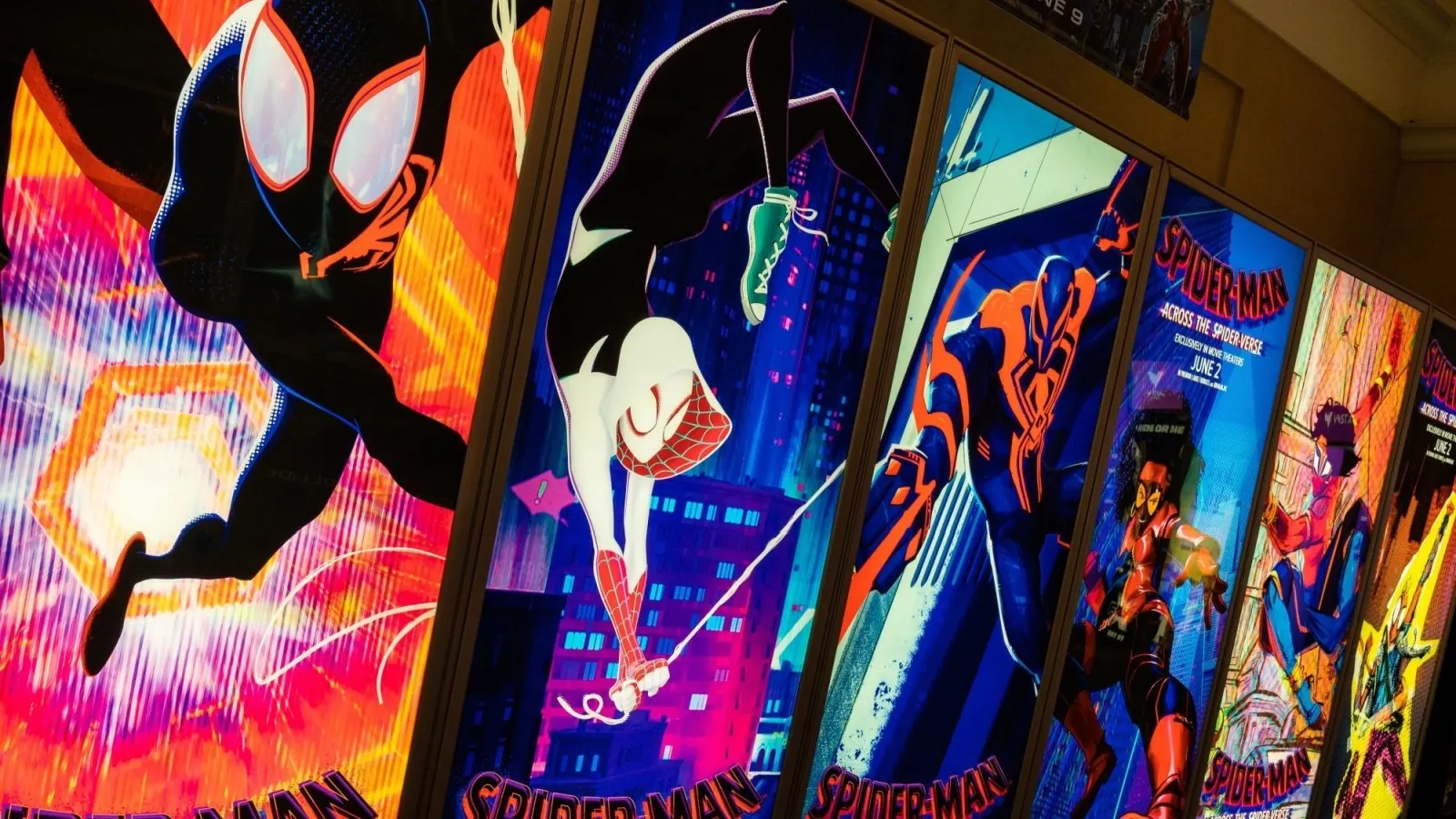Christopher Miller, the co-writer and producer of Sony’s beloved “Spider-Verse” series, has promised the franchise will never use generative AI.
“Spider-Man: Into the Spider-Verse” was originally released in 2018 and won the Oscar for Best Animated Film. The sequel, 2023’s “Across the Spider-Verse,” remains one of the best-reviewed animated movies of all time. Both used a variety of animation styles with the franchise regularly praised for evolving what an animated film could be. The final chapter in the trilogy, “Beyond the Spider-Verse”, is currently in the works.
However co-writer and producer Christopher Miller has been forced to deny the film will be using generative AI following comments from CEO of Sony Picture Entertainment Tony Vinciquerra.
Speaking at an investors conference last week, Vinciquerra said the company was “very focused” on AI and wanted to use the tech to produce films and TV shows “more efficiently”. Vinciquerra’s comments follow on from DreamWorks founder Jeffrey Katzenberg 2023 prediction that AI will cut the cost of animated movies by as much as 90 per cent.
Some fans are worried about what the use of Generative AI will mean for their favourite movies, with one taking to X to write: “Dear Sony Animation. Keep generative AI away from Spider-Man: Beyond The Spider-Verse.”
“AI robs people of their jobs & produces nothing but slop. We don’t want that anywhere near this film or any film for that matter. Please keep it away from the filmmaking process,” they added, tagging Miller and fellow “Spider-Verse” co-writer and producer Phil Lord.
“There is no generative AI in Beyond the Spider-Verse and there never will be,” replied Miller. “One of the main goals of the films is to create new visual styles that have never been seen in a studio CG film, not steal the generic plagiarized average of other artists’ work.”
When we say that we want to feel and see the hand of the artist in every frame, We Mean It. https://t.co/LzQrBWpYRj
— Michael Lasker (@mlasker) June 2, 2024
“When we say that we want to feel and see the hand of the artist in every frame, We mean it,” added visual effects supervisor Michael Lasker while production designer Patrick O’Keefe said the studio preferred working with artists. “My favourite part of making these films is the collaboration between humans,” he added.
However, other fans are still worried about the crunch many animators and VFX artists may face to get the movie completed with over 100 animators reportedly quitting the production of “Into the Spider-Verse” due to unsustainable working conditions.
“Beyond the Spider-Verse” had been due to be released this year, but was removed from Sony’s slate of upcoming releases following the writer’s strike. A new release date has yet to be announced.
Over the weekend, AI Film Academy’s inaugural AIFA Awards took place to recognise the “extraordinary diversity of stories and the radically new visual language of AI.”
AI Film Academy co-founder Leo Crane told Decrypt: “We're trying to prove this idea that the emerging technology opens up the field on a global scale.”
Edited by Stacy Elliott.

